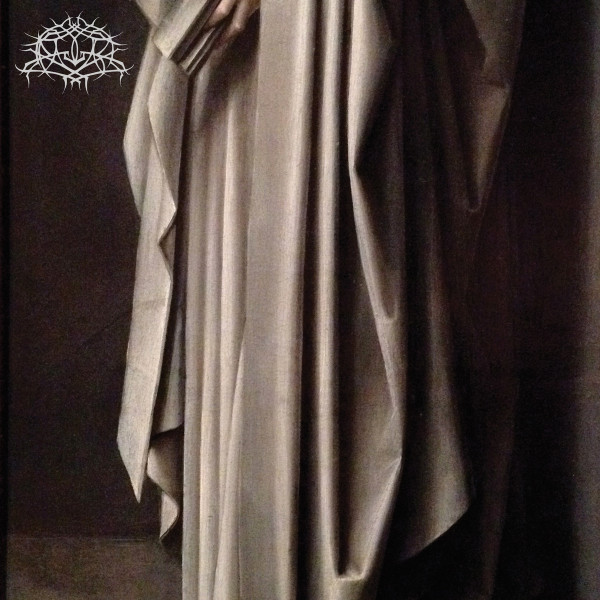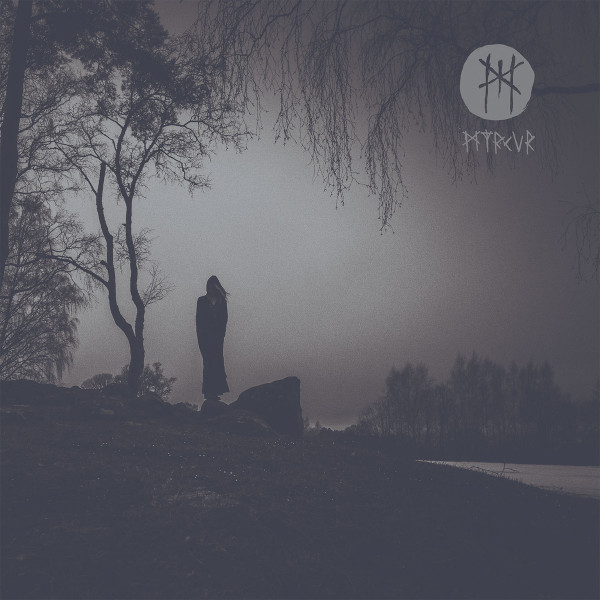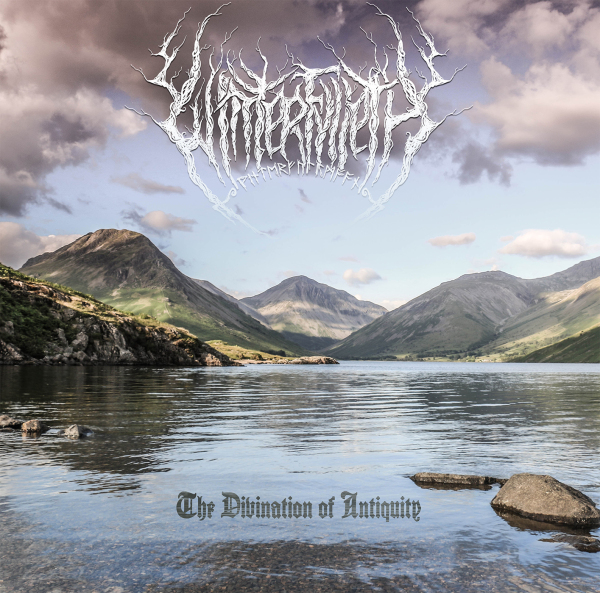
You may have noticed a metal orthodoxy forming over the years, but especially 1998 to the present. This orthodoxy emphasizes “trueness” to the concept (as well as the trappings, aesthetic, style, etc) of the original bands, and is paranoid wary of newcomers who do not embrace it.
Now that the official hipster central of the internet, The Onion, has published a metal list, we can demonstrate why metal orthodoxy exists: it’s designed to keep metal from being assimilated, or taken on by the larger genre of popular music as a style without ideas of its own.
Keeping it simple:
Ideas -> music -> genre of its own = metal orthodoxy
Just a style, any ideas = rock ‘n roll
See why there’s a distinct movement to metal orthodoxy? No one in a genre that is unique wants to be assimilated by what’s not unique, and in fact is the average of everything it has so far consumed. Rock music is like a large corporation, eating up small brands and removing what makes them unique, turning them into a label that can be stuck on just about any product in order to sell it.
Here’s The Onion’s list:
- Agoraphobic Nosebleed, Frozen Corpse Stuffed With Dope (2002)
- Amon Amarth, Twilight Of The Thunder God (2008)
- Anaal Nathrakh, The Codex Necro (2001)
- Baroness, Blue Record (2009)
- Blut Aus Nord, The Work Which Transforms God (2003)
- Boris, Pink (2005)
- Converge, Jane Doe (2001)
- Deftones, White Pony (2000)
- The Dillinger Escape Plan, Ire Works (2007)
- Earthless, Rhythms From A Cosmic Sky (2007)
- Electric Wizard, Dopethrone (2000)
- Goatwhore, Carving Out The Eyes Of God (2009)
- Harvey Milk, Life… The Best Game In Town (2008)
- High On Fire, Blessed Black Wings (2005)
- Isis, Oceanic (2002)
- The Mars Volta, Frances The Mute (2005)
- Mastodon, Leviathan (2004)
- Melechesh, Djinn (2001)
- The Melvins, (A) Senile Animal (2006)
- Meshuggah, Catch Thirtythree (2005)
- Opeth, Watershed (2008)
- Orthrelm, OV (2005)
- Pelican, The Fire In Our Throats Will Beckon The Thaw (2005)
- Pig Destroyer, Phantom Limb (2007)
- Queens Of The Stone Age, Songs For The Deaf (2002)
- Skeletonwitch, Breathing The Fire (2009)
- Slayer, Christ Illusion (2006)
- Sleep, Dopesmoker (2003)
- The Sword, Age Of Winters (2006)
- System Of A Down, Toxicity (2001)
Why do they like these bands? Well, first and foremost — you, dear reader, are not naieve enough to think that there’s not a financial connection here. These are bands distributed by or signed to the labels that help support The Onion and may at this point be personal friends or just “scratch my back and I’ll scratch yours” type buddies.
But next, they’re bands that rock listeners can comprehend. Except Melechesh, which is there for a different reason. And that reason is next: each band is different, meaning that it doesn’t fit into a perceived orthodoxy. Each band is “different” by being not the perceived norm, as perceived by outsiders who cannot tell the difference between Incantation and Immolation even though that difference is immediately perceptible to anyone who likes, understands and most of all pays attention to the music.
The “different” plays into the psychology of the individual. You’re just a cog in the machine. You’d like to think differently, but every day you keep doing whatever a cog does. So you find some way to be the cog that’s a cog, but also has a little something else. Interpretive dance. A flute on your death metal album. Or you’re an oddity, the one thing of type X that isn’t like the others.
See this in action, with bonus points for adding a sense of victimization — all cogs are victims, because otherwise they’d be running the machine! — added in:
Long before The Sword, Boris was getting smeared as poseur metal. It’s unlikely that would have happened if the band wasn’t Japanese, and if lead guitarist Wata wasn’t a woman
That must be it.
Not that this band is indie rock dressed up with some metal stylings and has nothing in common with metal as an idea, as a genre, but everything in common with indie rock. After all, irony is a key way to be different.
Here’s another great dickslap in the face for metal:
Metal, more than most genres, rewards consistency; a lot of headbangers would just as soon their favorite bands keep making the same record over and over. As elsewhere, though, there’s always something to be said for progress, and Goatwhore’s most recent record is a great leap forward.
The same album over and over means “the album sounds the same aesthetically.” It doesn’t mean the notes are the same; it means the distortion, tempi, vocals, and concept are similar. So it’s not the same album, is it? But for people who cannot appreciate that album, it’s important to find a good put-down so they can feel better about their own CD rack. Yeah, it’s the same old stuff. Yeah, it’s just consistent. But this other band… they’ve (gush here) progressed, which means they added a flute to their grindcore. Did they progress? No, but all of us can tell that a flute is a change, where only a few of us can tell that composition gained depth, or new emotions, even if the aesthetic remained the same.
Indie rock is what happens when you have a bunch of people making music just as vapid as Madonna or Sting, but they want some way to appear not-a-cog so they trick it out in this superficial progress using irony to be different so we know they’re the unique cogs. But their problem is that every cog thinks it’s a unique cog, so then they’re in an arms race to both trick out their own music with weirdness, causing it be basically ugly trash (this has happened to all modern art), and put down any music which does have artistic content, because it threatens them.
And at the end of the day, that’s what this Onion article is about: the fear of masses of hipsters that they missed something within the music (e.g. not adding a flute) and therefore, that they are just cogs after all. Which as they go back to their hipster “it pays nothing but I feel educated or socially important” jobs, is a bitter consolation indeed.
No CommentsTags: assimilation, crypto-indie, hipster bullshit, metalcore, the onion








